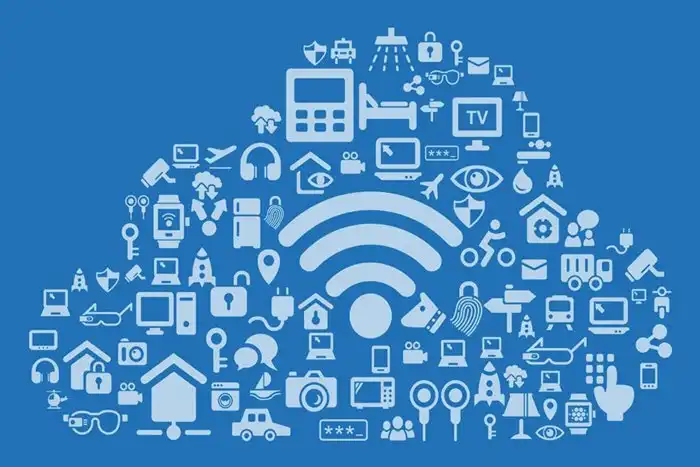


Google announced last week that it plans to say goodbye to the Internet of Things scene due to the stronger services and products of its competitors.
Although Microsoft, like Google, is dependent on partners and approaches based on edge computing in the field of Internet of Things, it continues to expand its sustainable services and integrate them with Azure. Satya Nadella, the CEO of Microsoft, says: Cloud services and intelligent computing are becoming an end-to-end distributed computing system.
After a reorganization in April that saw Microsoft's Azure IoT and PM engineering teams migrate to the Azure Edge + Platform group, the company is looking to combine its IoT and edge computing teams with Azure to provide more integrated services. At that time, Microsoft officials announced their intention to integrate the Internet of Things and edge computing teams with the hybrid management service Azure Arc and the family of Azure infrastructure products called Azure Stack and the company's 5G cloud services service called Azure Edge Zones.
The integration of different services helps Microsoft to more easily manage edge devices around the world through Azure.
Currently, Microsoft has several services in the field of Internet of Things, which can be mentioned as follows:
Also, Microsoft has the following services in the field of Internet of Things operating system:
Although we've been waiting for months for new news on Microsoft's future plans for edge computing services and the Internet of Things, Microsoft officials have repeatedly stated that now is not the time to provide more information.
However, at the company's Build Developers Conference in June 2022, Microsoft officials released some brief information about its expanding edge and IoT strategies.
Among Microsoft's programs, it is possible to build integrated cloud and edge software, support all business services of the Internet of Things from "thin edge" to "light edge" and "heavy edge" and eliminate the boundaries between devices, servers and virtual machines with The Internet of Things pointed out. In addition to more effective integration of Azure services, Microsoft plans to add a cross-service approach and device security to its IoT tools. Also, the managers of the mentioned company have announced the importance of cloud-native programming models and Kubernetes platform and synchronization in Microsoft's edge and Internet of Things strategies.
In addition, Microsoft had a lot of maneuver on the concept of hybrid loop at this year's Build conference. Hybrid applications provide the possibility of dynamically allocating resources on local computers and cloud servers. In fact, cloud servers become a peripheral resource for such applications, giving them the ability to choose a local resource on the edge device or a cloud server, or both.
To find out about Microsoft's other plans, we have to wait until October this year and the Ignite 2022 IT pro conference. Maybe Microsoft has a new idea up its sleeve!
Copyright © 2026, All Right Reserved Wildcoder.ir
User opinions
There are no comments for this post